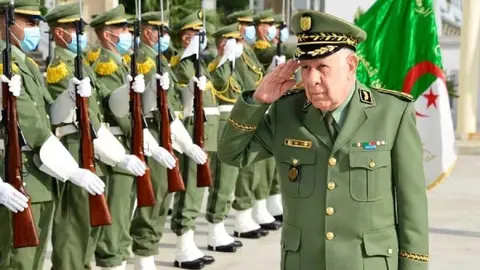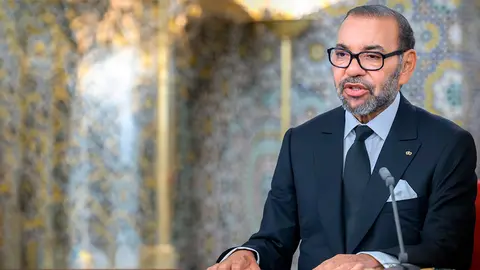Macron imposes tighter restrictions on Algerian diplomatic visas
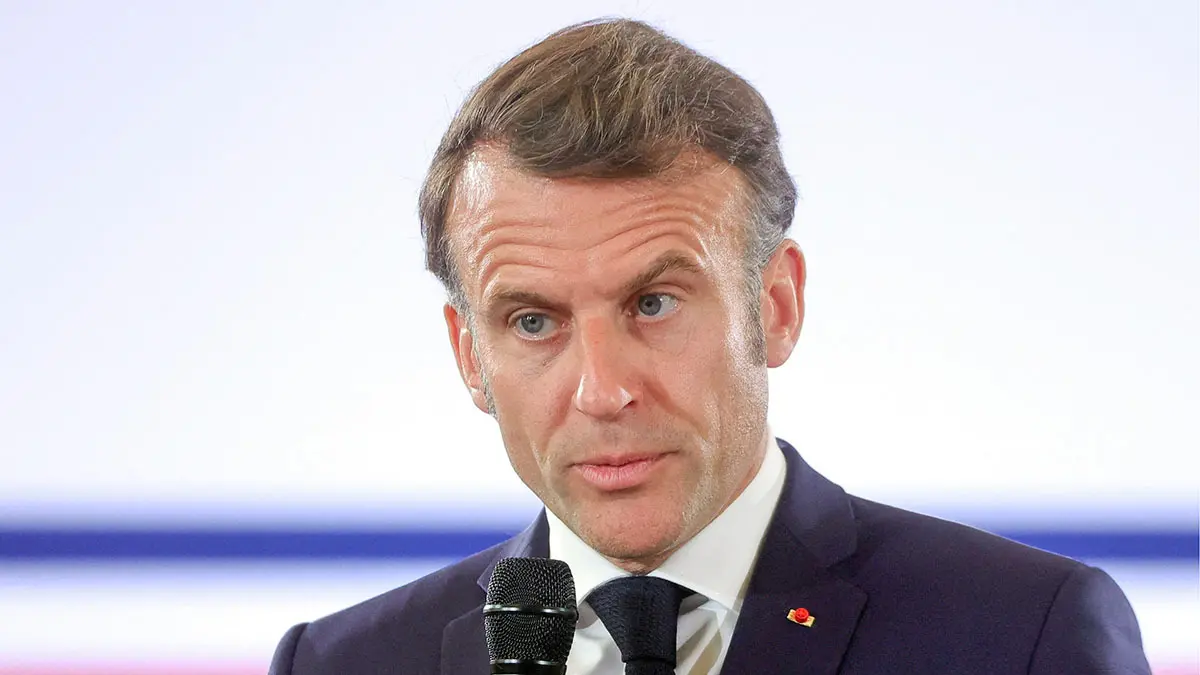
The tense diplomatic relationship between France and Algeria continues. Following the serious disagreement that arose when France recognised Morocco's Autonomy Plan for Western Sahara as the most serious and credible option for resolving the Sahrawi dispute, contrary to the position defended by Algeria, there have been further disagreements between the two countries.
Some of the issues that have caused controversy include problems relating to Algerian diplomatic visas managed by France and the Maghreb country's refusal to accept deportees from French territory.
Emmanuel Macron, President of France, has urged the French government to impose even greater restrictions on Algerian diplomatic visas by increasing the requirements for obtaining them, thereby intensifying the diplomatic struggle over Algeria's refusal to accept deportees, among other issues.
In a letter to French Prime Minister François Bayrou, seen by Reuters, French President Macron said that the growing difficulties France faces in terms of migration and security with Algeria require a firmer stance against the Algerian nation.
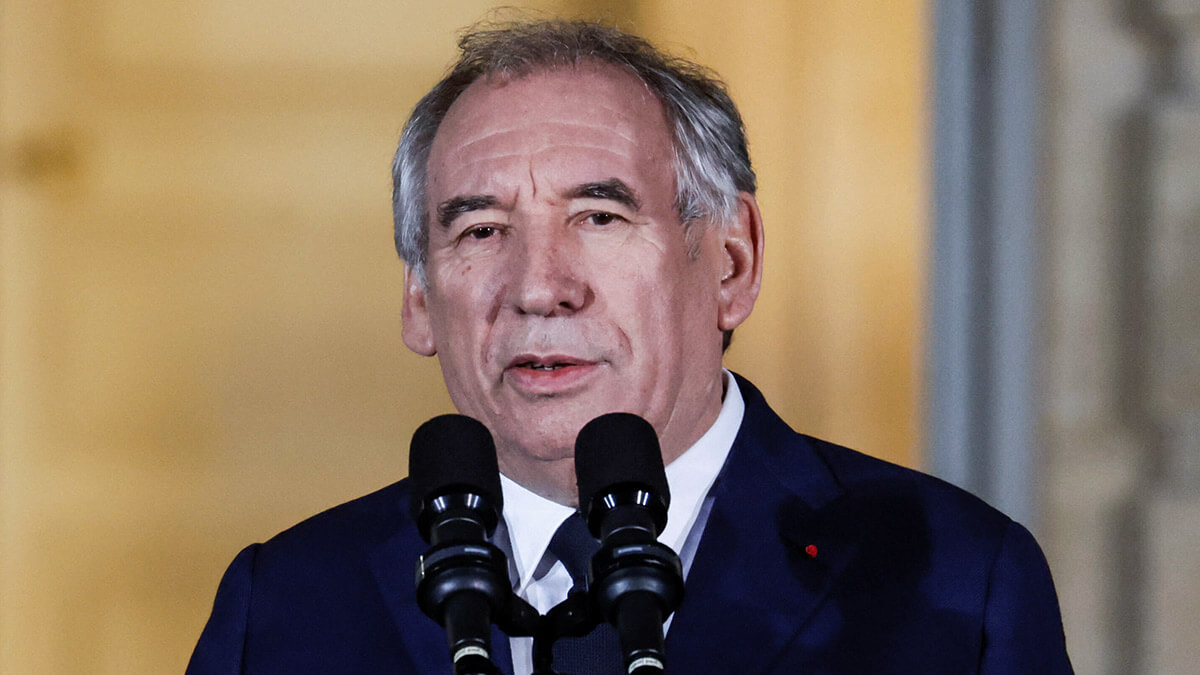
In addition, the French head of state asked Foreign Minister Jean-Noël Barrot to officially notify Algiers of the suspension of a 2013 agreement exempting holders of diplomatic and official passports from visa requirements.
Emmanuel Macron also asked the French Ministry of the Interior to request that the Schengen countries, which allow free movement between their borders, help France implement a stricter visa policy, in particular by consulting France on the issuance of short-stay visas for the Algerian officials in question and passports covered by the 2013 agreement.
Thus, political tensions continue between Algeria and France in the wake of French support for Morocco's autonomy plan for Western Sahara, which was announced by Emmanuel Macron last year and staged with a three-day official visit by the French president to Rabat in October 2024, including an official reception by King Mohammed VI and a speech to the Moroccan Parliament.
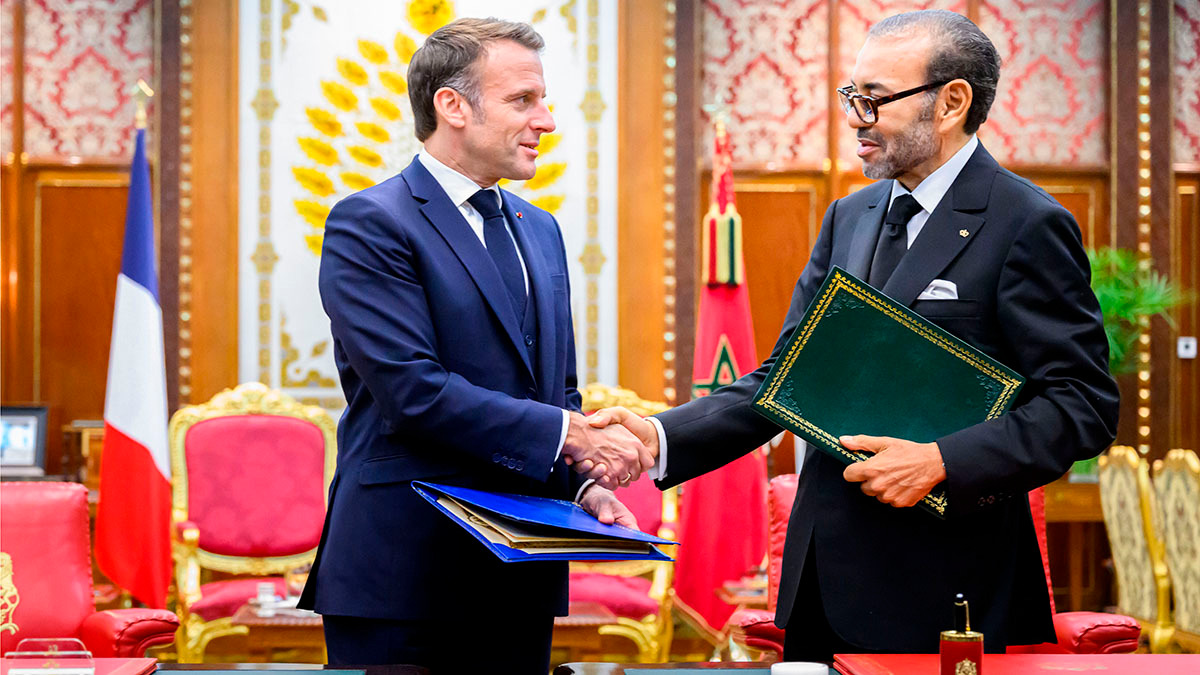
Algeria opposes the inclusion of the Sahrawi territory in Morocco and supports the independence claims of the Polisario Front, a major enemy of the Moroccan kingdom. This position has little support on the international stage, given the strong backing given by many important countries to the Moroccan kingdom regarding its sovereignty over Western Sahara in order to resolve a territorial conflict that has lasted for almost five decades since the end of Spanish colonial rule.
The French position caused great unease in Algeria and diplomatic clashes that have strained relations and reached the point of confrontation on issues such as the requirements imposed on Algerian diplomats to obtain entry visas to France and the Maghreb nation's refusal to take back deported citizens.
Another political issue that has caused friction between France and Algeria is respect for political opponents in the Maghreb country, which has been accused by various sectors of persecuting dissidents and not allowing opposition to the official state line defended by the main ruling party, the National Liberation Front (heir to power after the end of French colonial rule), and the army, a powerful force behind the scenes in Algeria. One of the leading figures of this censorship is Boualem Sansal, a French-Algerian writer who was arrested last November and sentenced to five years in prison in March this year, sparking major protests in France. Sansal was arrested after stating in an interview with a French media outlet that France had unjustly ceded Moroccan territory to Algeria during the colonial era, which was considered by the Algerian state to be an offence to its national sovereignty.
This political repression in the North African country led to the emergence of the Hirak citizen movement several years ago, which has staged numerous demonstrations in the streets of Algeria to demand political openness, an end to state corruption and an improvement in the country's economic and social situation, which continues to depend heavily on natural gas as its main source of national income in the face of increasingly severe international isolation.

